File photo: Chinese Communist Party leader Xi Jinping and Premier Li Qiang (right) at the closing meeting of the National People's Congress in the Great Hall of the People. (Photo by Kevin Frayer/Getty Images)
[People News] From April 8 to 9, the Chinese Communist Party (CCP) held a meeting on diplomacy with neighboring countries. Politburo members once again gathered in Beijing, and although Xi Jinping still gave a speech, there were notable differences compared to the CCP’s foreign affairs work conference at the end of 2023. Most strikingly, the term “Xi Jinping Thought on Diplomacy” disappeared and was no longer cited as the guiding principle for foreign policy. The conference also dropped the previous emphasis on “the Party Central Committee holding supreme authority over foreign affairs.” Politburo member He Weidong was the only one absent. These signs suggest that Xi is gradually losing control over foreign affairs, and his authority is further eroding.
“Xi Jinping Thought on Diplomacy” Abandoned
According to Xinhua News Agency, the CCP convened the “Central Conference on Neighboring Diplomacy” on April 8–9, though in essence, it was a meeting on diplomatic work concerning surrounding countries. Xi Jinping delivered a speech, but the report made no mention of “Xi Jinping Thought on Diplomacy.”
Just over a year ago, from December 27 to 28, 2023, the CCP held a large-scale foreign affairs work conference. All Politburo members and top officials participated, along with local authorities and ambassadors and envoys stationed abroad.
At that time, the meeting claimed that China’s foreign policy had “achieved historic accomplishments and undergone historic changes.” The very first point listed was the establishment of “Xi Jinping Thought on Diplomacy,” which was hailed as a “new realm” in diplomatic theory and practice, and described as the “fundamental guideline” for foreign affairs. The meeting then instructed that all foreign affairs work in the present and future must be guided by this “thought.”
Yet just over a year later, at this recent neighboring diplomacy meeting, not a single mention of “Xi Jinping Thought on Diplomacy” was made.
A year ago, Premier Li Qiang, who chaired the session, explicitly stated that foreign affairs must be guided by Xi’s diplomatic thought. This year, Li Qiang again chaired the meeting, but only made a general reference to Xi’s speech, without claiming that his diplomatic thought would guide foreign policy.
At such a high-level diplomatic conference, the disappearance of “Xi Jinping Thought on Diplomacy” is tantamount to a public announcement that Xi is no longer in sole control of China’s foreign policy.
Over a year ago, reports on the meeting stated that Xi Jinping’s speech “made comprehensive deployments for foreign affairs work in the current and upcoming period.”
Over a year later, the report merely says that Xi’s speech “outlined the objectives, tasks, and approaches for neighboring diplomacy in the upcoming period.”
This indicates that the CCP leader is no longer able to make detailed plans for diplomacy with neighboring countries. He can now only talk about “objectives, tasks, and approaches”—essentially just shouting slogans—without the ability to directly “comprehensively deploy” foreign policy.
Who Now Holds the Power Over Foreign Affairs?
In the 2023 meeting, it was emphasized that “diplomatic authority must firmly remain with the Party Central Committee,” and that all departments and regions must “fully implement the Central Committee’s foreign policy decisions.” At the time, “Party Central Committee” essentially meant Xi Jinping himself—reiterating that diplomatic authority belonged to him alone, and everyone else had to follow orders.
Now, however, that “Party Central Committee” has undergone major change. Signs of Xi’s declining power are becoming increasingly evident. With his diplomatic thought no longer serving as the guiding principle and his inability to make comprehensive deployments, it’s now unclear who holds the top authority over foreign affairs.
The latest Xinhua report simply stated that “Party Central’s unified leadership must be strengthened,” and that coordination among departments must improve. It also called for “deeper institutional reform” and efforts to “build capabilities and strengthen personnel,” while “innovating in theory and practice for neighboring diplomacy.”
This time, the meeting did not emphasize “diplomatic authority rests with the Party Central Committee,” only the vague notion of “unified leadership.” This openly weakens the power of the CCP’s top leader. Furthermore, the lack of emphasis on implementing decisions “without fail” dilutes any one person’s absolute say over diplomacy.
The talk of “deepening institutional reform” suggests that the decision-making mechanism for foreign affairs is now shifting. The statement about “strengthening capabilities and team-building” is a tacit admission that the current diplomatic team is underperforming—likely putting Foreign Minister Wang Yi and others at the Ministry of Foreign Affairs on edge. Additionally, the call to “innovate theory and practice in diplomacy” directly implies a rejection of Xi’s previous diplomatic strategies—hence the quiet disappearance of “Xi Jinping Thought on Diplomacy.”
At this point, “Party Central” no longer refers to a single core figure. Xi’s central role is fading. Leadership appears to be shifting toward some kind of collective governance—possibly through the Politburo or its Standing Committee—but this model also seems ineffective.
Right now, the most challenging issue in China’s foreign affairs is the U.S.-China relationship. With Trump returning to the White House and continually targeting the CCP, Beijing’s responses have been chaotic, escalating the trade war further, digging its own holes, and cutting off its own escape routes.
It’s likely that the Politburo members also discussed how to handle the intensifying trade war. On April 9, the CCP announced another 50% tariff hike on U.S. goods, bringing the total to 84%, as retaliation for Trump’s newly announced 104% tariffs on Chinese imports.
At the same time, this two-day meeting on regional diplomacy suggests that the CCP foresees a grim outcome from its confrontation with the U.S. and is preparing to scale back. Still, the “Party Central” continues to put on a tough front despite knowing full well that conflict with the U.S. is a dead end—a puzzling contradiction.
In reality, the “Party Central” is undergoing a “de-core-ification.” Yet even after sidelining its “core,” collective leadership doesn’t work either. Whether power is centralized or distributed, the CCP has no viable strategy for dealing with the U.S. Whoever holds “diplomatic authority” ultimately makes no difference. What’s more likely is that high-level officials are getting sucked into a deepening power struggle—leaving them no time or energy to focus on foreign affairs.
The Public Signal of He Weidong's Absence from the Meeting
Following the Communist Party of China's (CPC) Politburo meeting on March 31, Shi Taifeng (Minister of United Front Work) and Li Ganjie (Minister of Organization) exchanged positions, marking a significant topic of discussion at the meeting and suggesting a fragmentation of Xi Jinping's close allies.
In the aftermath of the Politburo meeting, the party media refrained from reporting on the collective study session, likely to avoid revealing who was absent. A week later, the CPC convened a diplomatic work meeting with neighboring countries, where Politburo members gathered once again; however, CCTV footage indicated that He Weidong was the only member missing from the meeting. It is estimated that He Weidong also did not attend the Politburo meeting on March 31.
The CPC's Politburo meetings are typically reported in text, while collective study sessions would include video coverage. However, during the diplomatic work meeting with neighboring countries, the party media could not rely solely on text reports, making it impossible to hide He Weidong's absence.
Xinhua News Agency reported that all seven members of the Politburo Standing Committee attended the meeting, which was intended to showcase the CPC's top leadership and convey a sense of stability in Beijing's political landscape; however, the report intentionally omitted specific names of the attending Politburo members, instead referring to them generically as relevant leaders and responsible persons. In contrast, when Xinhua reported on a foreign affairs work meeting over a year ago, it specifically mentioned the participation of Politburo members and secretaries of the Secretariat, including He Weidong and Zhang Youxia.
At that previous meeting, besides Wang Yi's speech, there were also contributions from representatives of the CPC's Propaganda Department, International Liaison Department, Ministry of Commerce, Joint Staff Department of the Central Military Commission, as well as representatives from provinces, cities, and overseas institutions. Over a year later, Xinhua only reported on Wang Yi's speech, with no mention of any other contributions.
Recently, there have been ongoing rumors regarding He Weidong and others. If He Weidong had attended this meeting, it could have dispelled the rumors, but he chose not to appear. In contrast, Zhang Youxia attended the meeting as usual.
On April 8, the Ministry of National Defense of the Communist Party of China announced that Defense Minister Dong Jun met with Babar, the Chief of Air Staff of the Pakistan Air Force, who was visiting China. This appearance by Dong Jun seems to be a deliberate attempt to counter the persistent rumors about his troubles.
In comparison, He Weidong's absence from a crucial meeting he was expected to attend almost confirms the rumors, suggesting that another close ally of Xi Jinping within the military is in a precarious position.
The power dynamics within the Communist Party's military are undergoing significant transformations, with changes in personnel authority and foreign affairs leadership also taking place. As the party leader continues to lose influence, internal factional conflicts are likely intensifying to fill the power void, resulting in frequent missteps in foreign relations, which may become a common occurrence for some time.
(Dajiyuan)

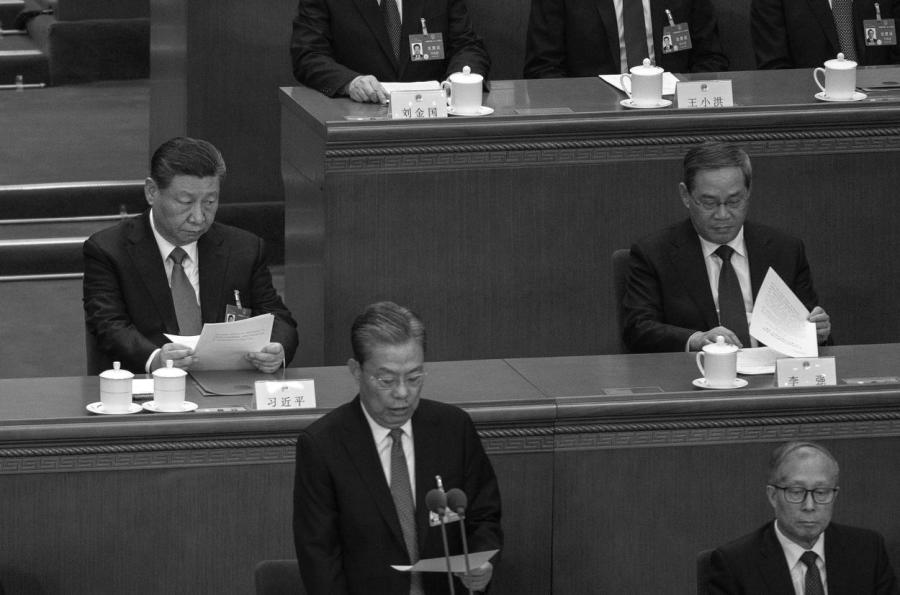
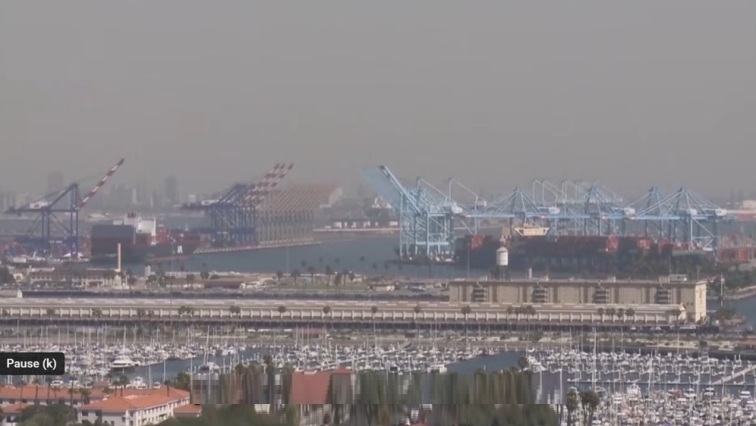
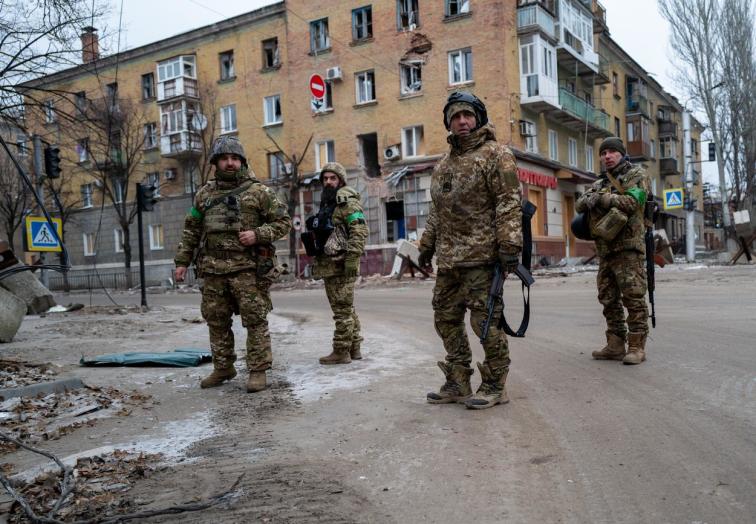
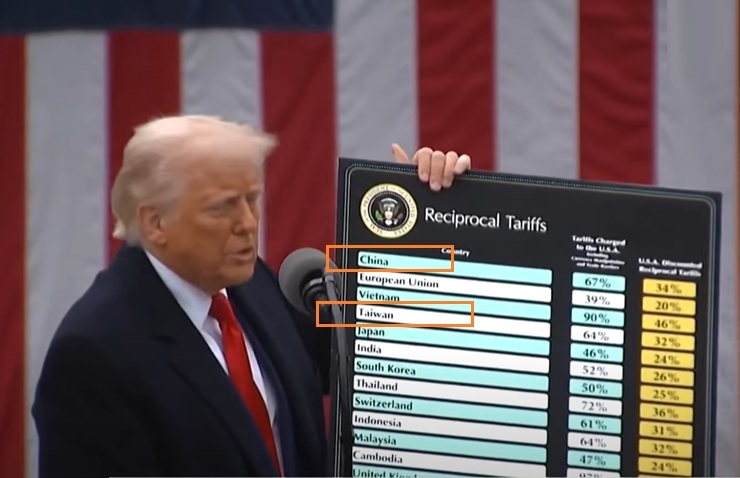

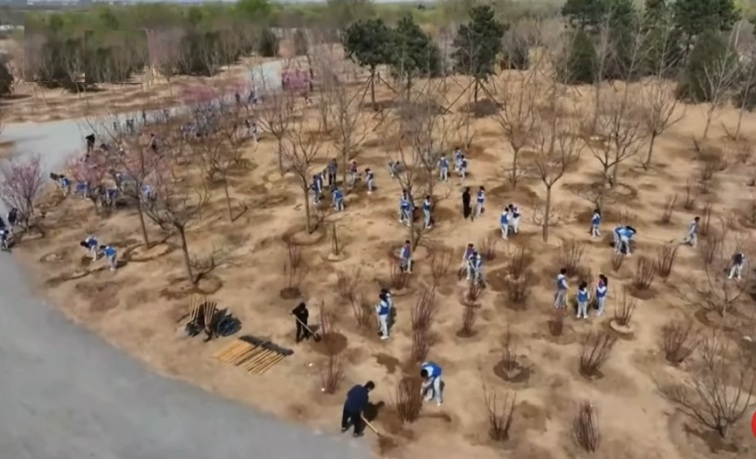
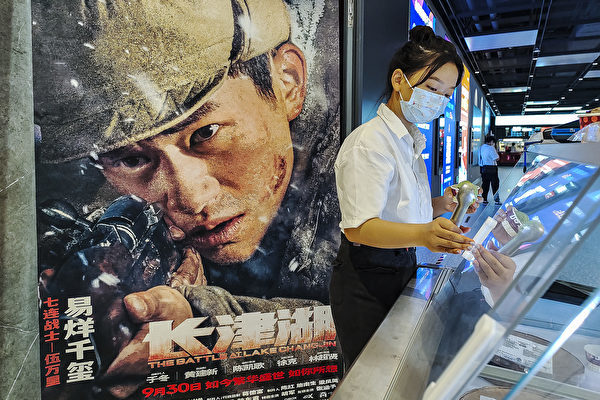
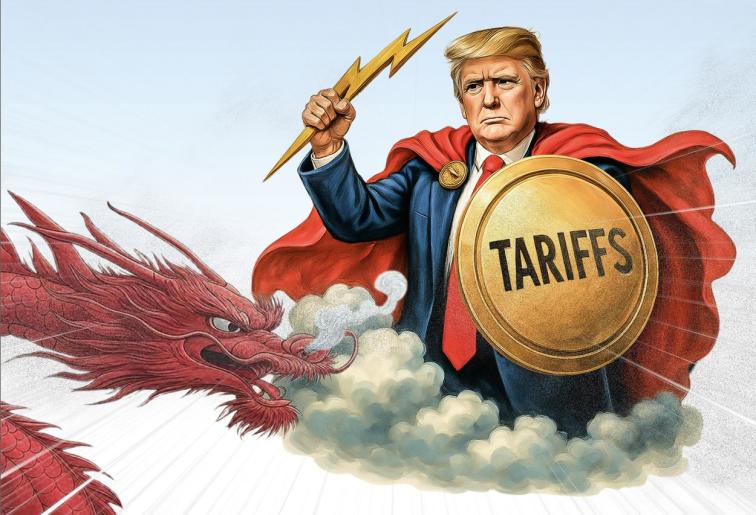
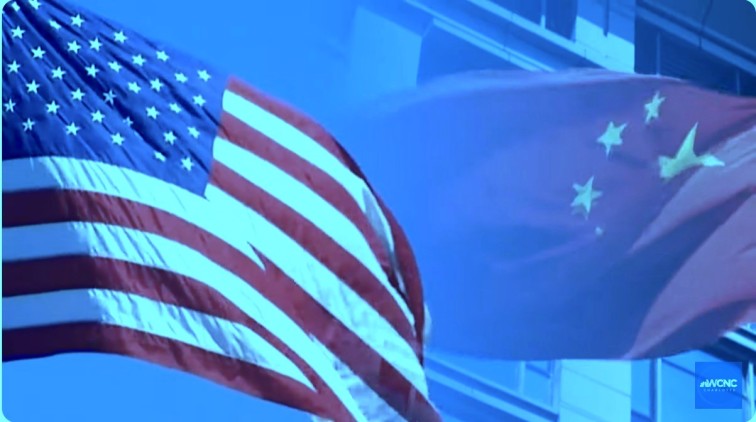

News magazine bootstrap themes!
I like this themes, fast loading and look profesional
Thank you Carlos!
You're welcome!
Please support me with give positive rating!
Yes Sure!